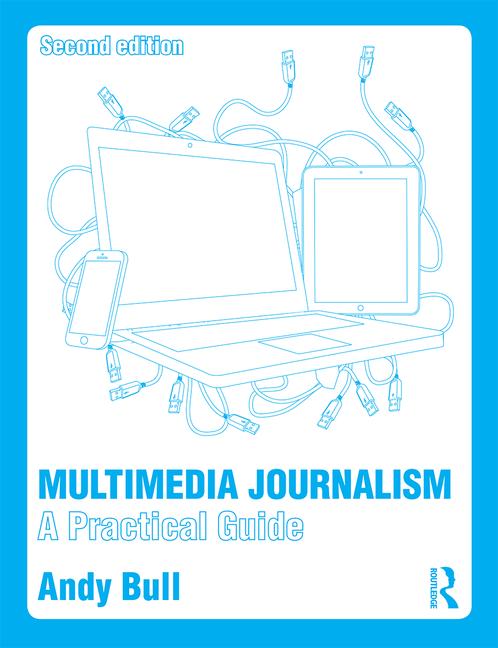Image credit
Your brand is who you are, what you are known for, what you specialise in.
If you don’t like the idea of brand, substitute reputation.
In Masterclass 55 at Multimedia Journalism we are looking at how to build your brand - or reputation - online.
First, a bit of context.
In old print media, the closest a reporter or writer could get to personal branding was their byline on a story. A broadcast journalist got their name superimposed at the start of their report.
Journalists who were employed to do something other than write or appear on-screen – sub-edit, run a department, edit the title, edit the programme – often got little opportunity to get their name out.
On a magazine, if they were lucky, they got included in a flannel panel, where all staff names were listed. In TV, their name might whizz past in the closing credits.
Of course, some reporters and writers became big names. Some columnists, TV reporters and others had the power to bring large numbers of readers to a publication, or viewers to a news programme.
Their names might become as well known as the title or programme they worked for. They were stars.
But, for most journalists, that never happened. They remained more or less anonymous. A specialist reporter would gain the respect of those in the profession or area they covered, and be known to them, but that was about as much branding as the average journalist got.
Today, any journalist can build their personal brand online.
Now there are many ways in which a reporter can build their reputation – their brand – often independently of the title or programme they work on.
Many journalists are now as well known – or even better known – that the titles or programmes they work for. They often have a greater reputation - at least among the specialist audience that is most interested in what they do - than that of the place their work appears.
How has that happened?
Social media is one hugely valuable tool. So are blogs and personal websites. All offer great opportunities to show what you can do, and get your name known.
Now, any journalist can build their own brand.
So can student journalists or those who are struggling to establish themselves in their craft.
So here's what we'll look at in the masterclass. Follow the link at the bottom of this post to go to the first of them:
- Why good branding must start with good journalism
- The goals of your branding, and how to measure your success
- The places to build your brand: websites, blogs, on social media and on cv/resume/portfolio sites
- Why you need a Google profile and to be recognised by Google as an author
- Building your personal brand on Twitter
- Building you brand on Facebook
- Branding on LinkedIn
- And where else you should consider brand-building



